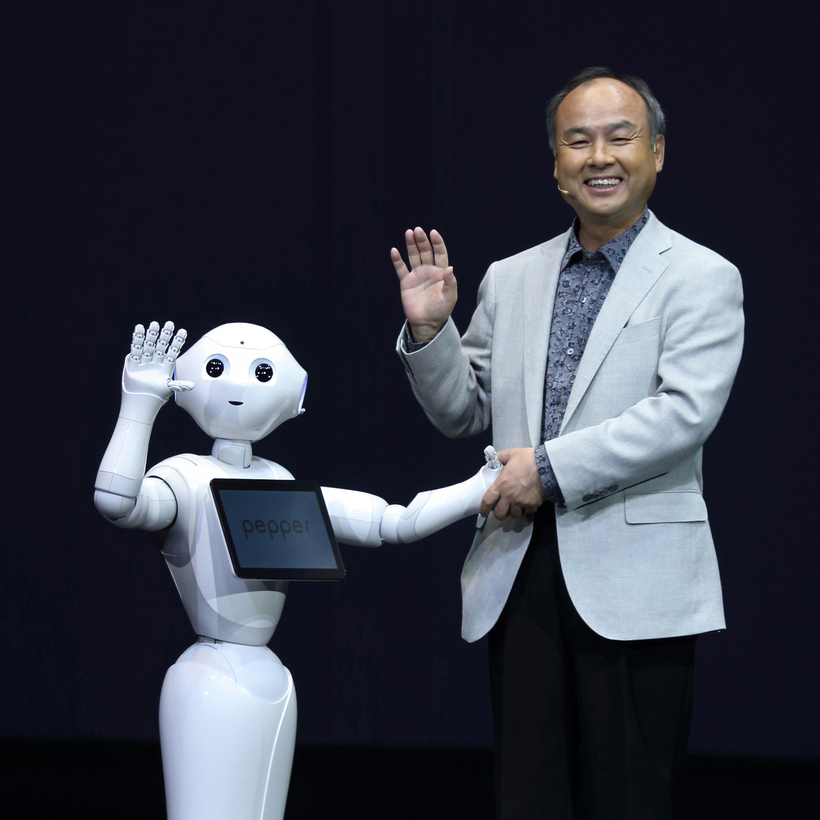Alok Sama first set eyes on the sometime richest man on earth in 2014. It was at the fittingly opulent wedding of a member of the global tech royalty, Google’s then business chief, Nikesh Arora. In the marbled surrounds of Borgo Egnazia, a six-star resort in Puglia, southern Italy, the champagne flowed like ambrosia. An Asian couple — the woman elegantly dressed in Chanel, the man Yoda-like in a white suit — stood at a slight distance away from the other guests.
At first Sama, an investment banker then in his fifties, thought the pair must be shy or struggling with a language barrier. Then he noticed something. Every so often one of the most high-ranking business Brahmins present — the chief executive of Google, the head of Deutsche Bank, the founder of an Indian telecoms empire — would approach the man and bow deferentially, receiving a graceful smile in response. Even the actor-turned-tech investor Ashton Kutcher, who danced under the moonlight with his wife, Mila Kunis, that night, paid his respects. Who could he be, this king of the gilded elite? Then, Sama recalls, the penny dropped: “This must be Masayoshi Son.”

